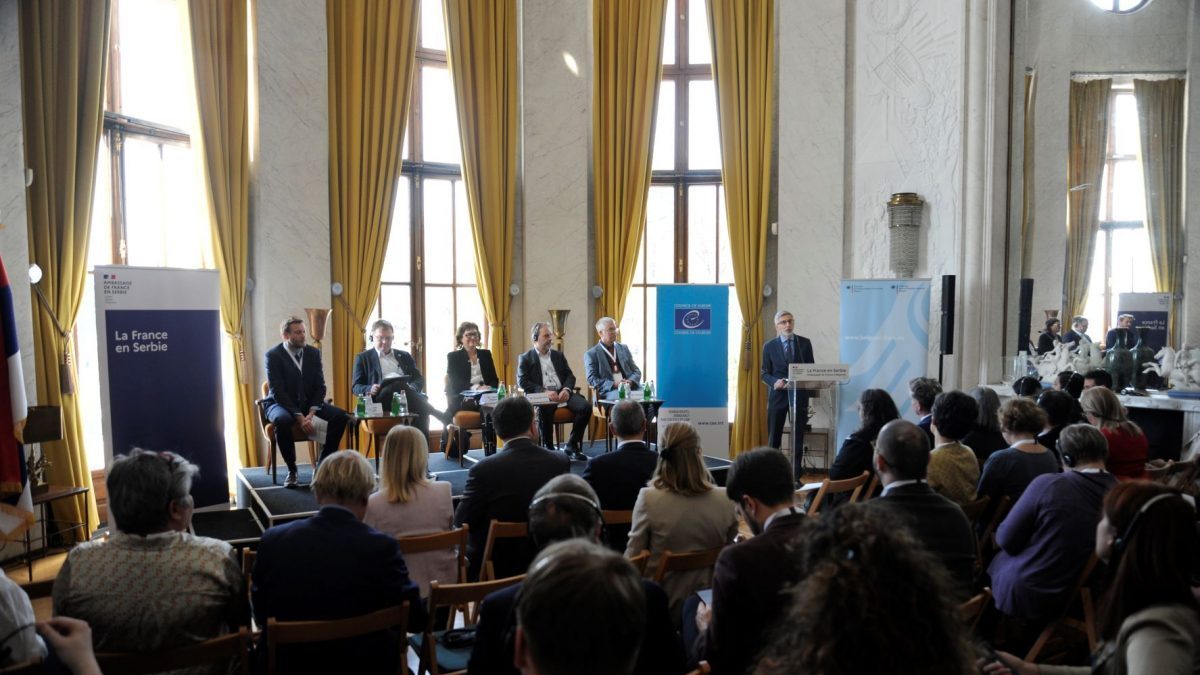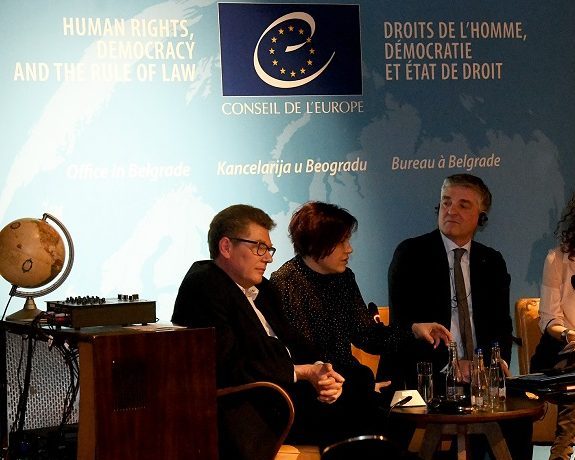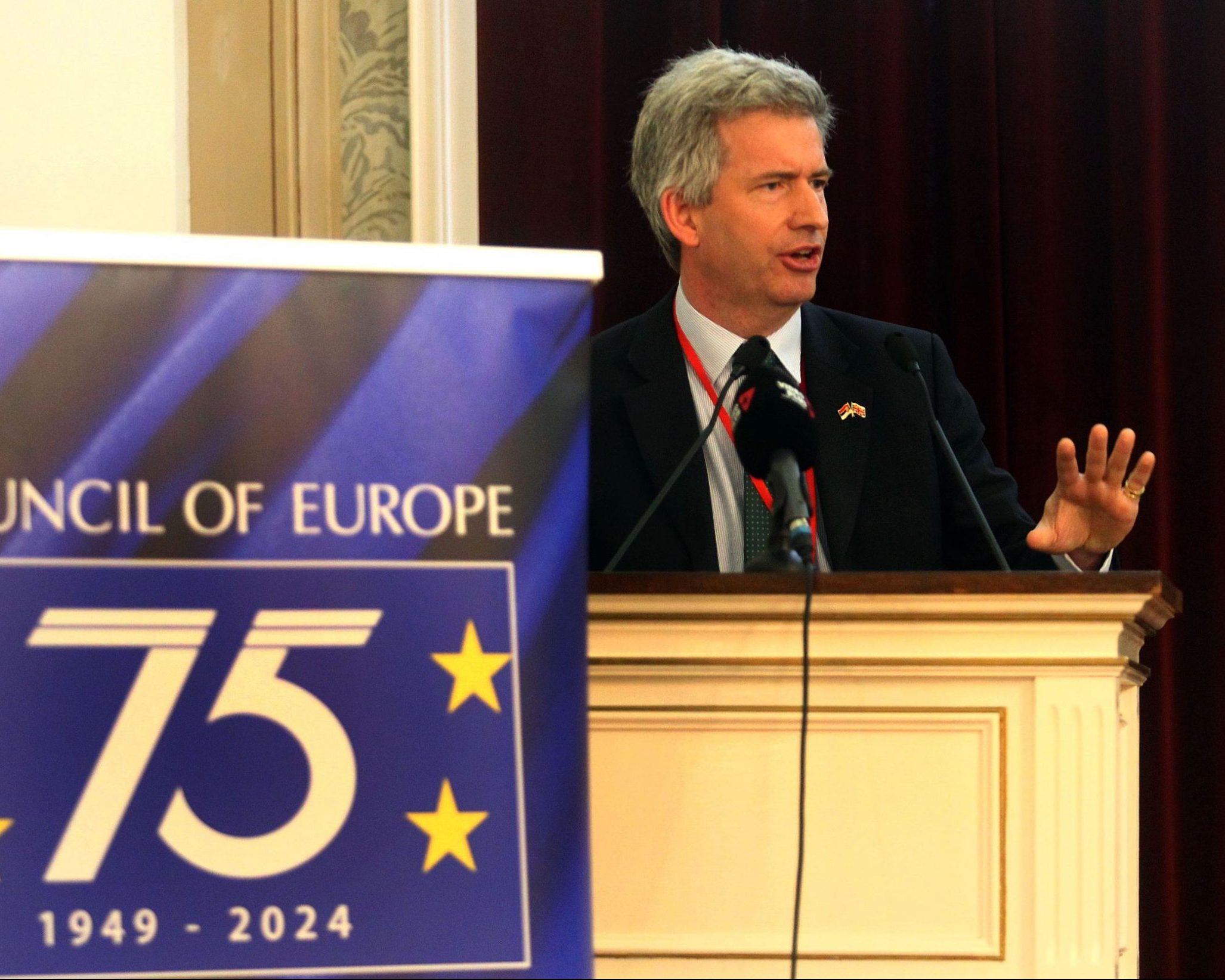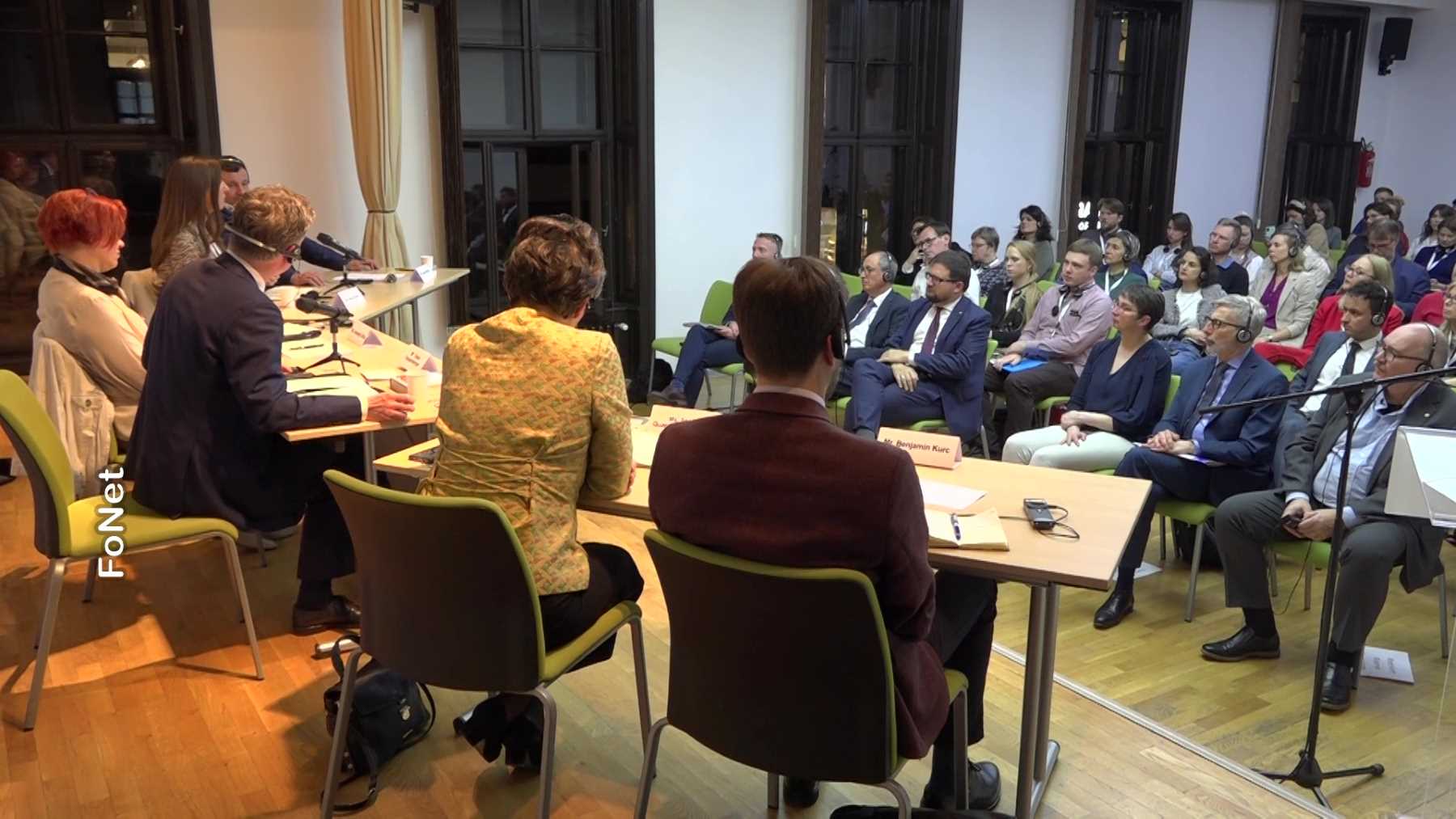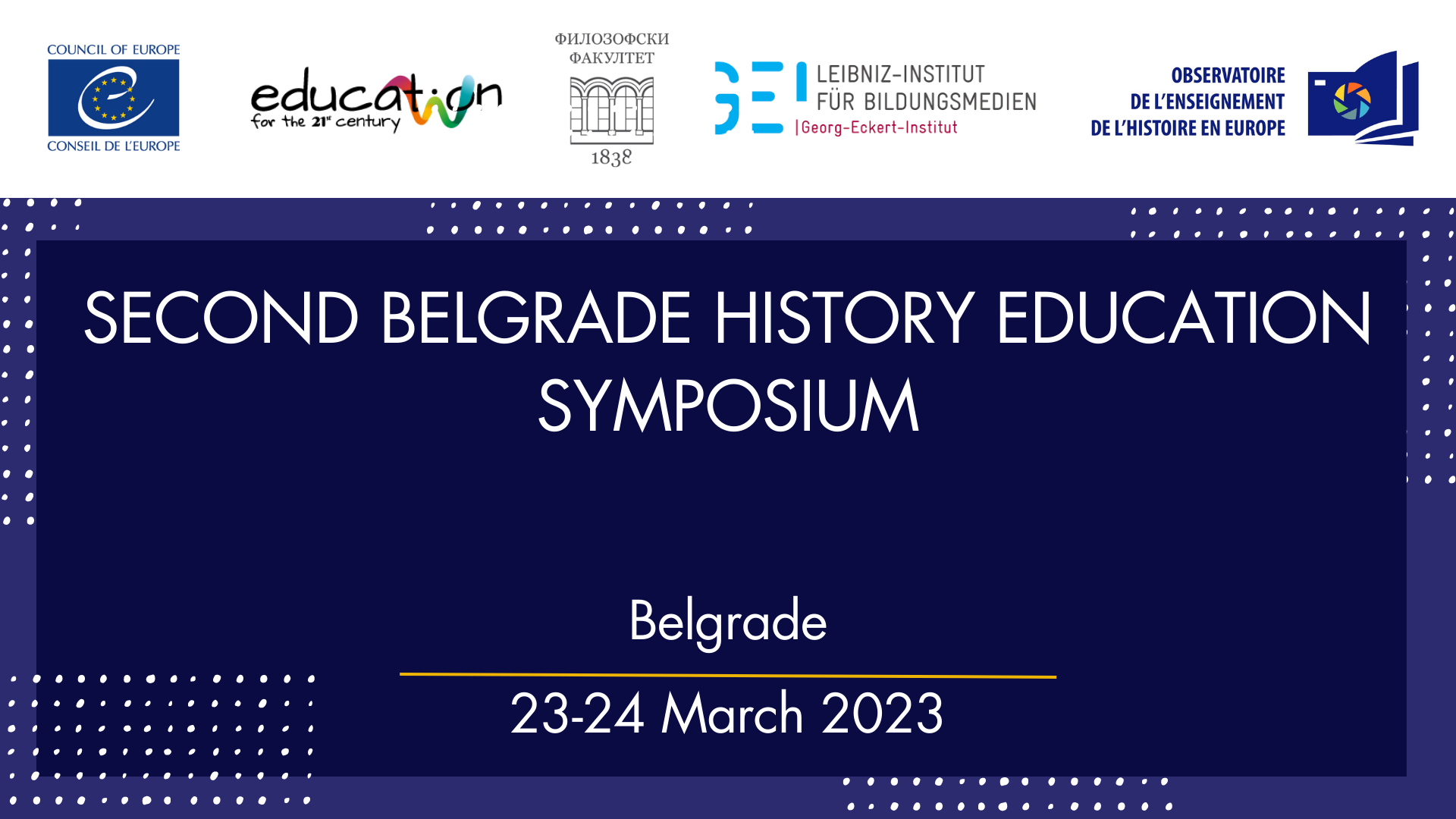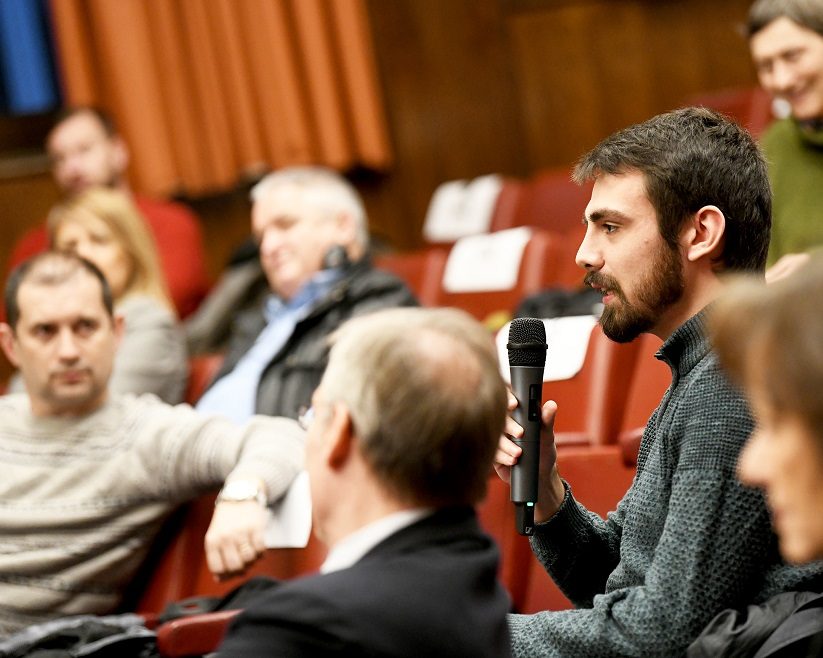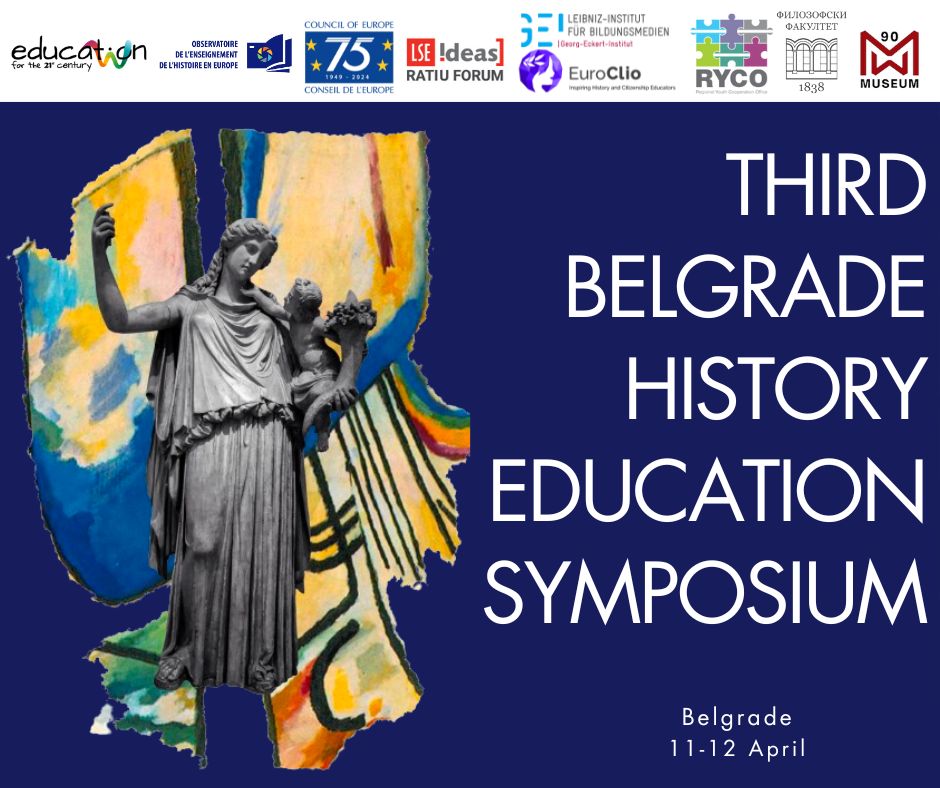BACKGROUND
Since 2022, the Council of Europe office in Belgrade in partnership with the embassies of France and Switzerland organised several events in the area of history education in cooperation with non-governmental organisations and the history department of the University of Belgrade. During the last years it was possible to create a space for discussion:
- to introduce the initiative of the Observatory for History Teaching in Europe (OHTE), of which Serbia became a founding member alongside France and others (both France and Serbia support more European states joining the OHTE);
- to exchange experiences about the teaching of the history of Southeastern Europe in Switzerland and vice versa;
- to analyse the challenges of history teaching in Europe and present history projects carried out in Serbia;
- to discuss regional history in view of European integration during the French Presidency of the Council of the EU, Institut français de Serbie
This was accompanied by a variety of other outreach activities, articles and talks. At the beginning of November 2022, the First annual Forum for History Education of the Council of Europe was held in Belgrade. Some 80 experts from almost all 46 Council of Europe member states analysed the issue of “Sites of Memories: Learning spaces for democracy”, in view of preparing a recommendation of the Committee of Ministers to be discussed at the Conference of Ministers of Education in Riga in 2023.
"History teaching has an important role to play in confronting the current political, cultural and social challenges facing Europe; in particular, those posed by the increasingly diverse nature of societies, by attacks on democracy and democratic values. In the Incheon Declaration, the Education 2030 Framework for Action (FFA) Agenda offers a vision of education that goes beyond the utilitarian to be an approach that seeks to integrate ‘the multiple dimensions of human existence’. It defines quality education as one which ‘fosters creativity and knowledge, and ensures the acquisition of the foundational skills of literacy and numeracy as well as analytical, problem solving and other high-level cognitive, interpersonal and social skills. It also develops the skills, values and attitudes that enable citizens to lead healthy and fulfilled lives, make informed decisions, and respond to local and global challenges …’Additionally, the signatories to the Declaration committed to developing ‘more inclusive, responsive and resilient education systems to meet the needs of children, youth and adults … including internally displaced persons and refugees’.
The Education 2030 Framework for Action (FFA) was adopted by 184 UNESCO member states, and the global education community at the high-level meeting (Paris, November 2015) alongside the UNESCO 38th General Conference.
The study of history has a particular contribution to make in delivering that vision and commitment. It offers insights into the complexities and diversity of past human behaviour; it fosters the ability to interrogate differing, even conflicting, narratives; it requires that arguments are supported by an understanding of wide-ranging evidence. But history in schools can only make such a contribution if what is taught, how it is taught and the quality of the available resources enables it to do so."
In this context, both in Serbia and the surrounding region, it is possible to:
- Exchange experiences on history teaching practices between Southeast Europe and other European countries.
- Analyze the challenges faced in history teaching across Europe.
- Present educational projects related to history teaching that are currently being implemented in Serbia.
- Engage in discussions on regional historical topics concerning European integration.
